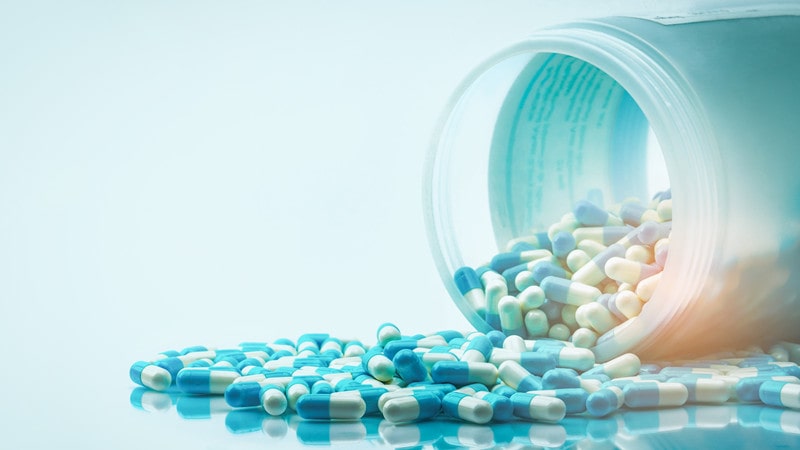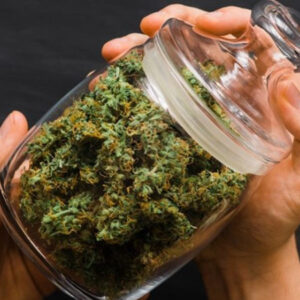
Millions of people all around the world are battling to break their addiction to opioid medications, which has become a rising problem.
Opioid addiction is a real problem, and there are serious risks linked with its usage. Fentanyl in your system will stay a long time and make you addicted. Addiction is difficult to overcome once it has taken hold. It typically requires the help of trained professionals.
The good news is that you can stop becoming addicted to opioids. You can reduce your chances of developing a dependence on these drugs if you follow some simple advice.
In this article, we’ll go through some tips to help you avoid becoming addicted to opioids. By doing these things, you can take charge of your health and avoid some of the worst effects of opioid addiction.
What is Opioid Addiction?
Opioid addiction, or opioid use disorder, is when someone uses opioids too much and becomes dependent on them. Opioids are well known for easing pain; doctors often give them to people in moderate to severe pain. But because opioids make you feel good, they can quickly become addicting, leading to a cycle of taking more and more of them as your body gets used to them.
It is a disease that affects the brain and how a person acts. At first, people who use opioids can choose whether or not to use them. But long-term use of opioids can change the brain, leading to a strong desire to take the drug. This need can get so strong that people may keep using opioids even though they know it will hurt them, cause health problems, social problems, or even kill them.
Why do People Become Addicted to Opioids?
Opioids strongly affect the brain’s reward system, so people get addicted. When opioids bind to receptors in the brain, they make the brain release a lot of dopamine, a neurotransmitter that is linked to pleasure and reward. This dopamine rush makes the person feel very happy and can make them want to keep using the drug.
As people keep using opioids, their resistance increases, demanding it more frequently. This can lead to physical dependence; the body gets used to opioids and has withdrawal symptoms when consumption is halted.
Some people may be more likely to become addicted because of their genes, while others may be more likely because of chronic pain, stress, or trauma.
Signs of Addiction and What to Do
Addiction is often a slow process. It can make you feel like you have no say over how often or how much drugs you need to take. You may feel compelled to keep taking your medication even if it’s not easing your discomfort. As so, it may be an indicator of addiction.
There are several signs that you may be addicted to opioids.
• A strong desire for the medication
• Constantly feeling you need to take more medicine than is recommended, even though doing so negatively impacts your health.
• Using more and more opioids or other pain relievers to have the same effect.
• Using opioids for purposes other than pain management, such as to “calm down” or “get some sleep.”
Treatment For Opioid Addiction
Tampa Suboxone doctors specialize in treating opioid addiction using Suboxone, which contains buprenorphine and naloxone, approved by the FDA, to help people with opioid addiction recovery.
These doctors examine each person’s needs and develop a personalized treatment plan. They keep track of the person’s progress and make changes to the plan as needed.
Tips to Get Rid of Opioids
1. Stay informed
Before you take opioids, you should learn as much as you can about the drug and its possible risks and side effects. Ask your doctor questions and ensure you know how to take medicine correctly, including how much to take and how often. If you know what to expect, you can avoid problems that could happen.
2. Use Opioids as Directed
It is very important only to use opioids as your doctor tells you to. Taking more than what is recommended or using them more often can make it more likely that you will become addicted. Talk to your doctor about other options if your pain isn’t managed well enough. Even if you have some of the same symptoms, you should never take someone else’s prescription opioids.
3. Manage Pain Without Opioids
Opioids are not your only option for pain management. Alternative ways to treat pain include physical therapy, cognitive-behavioral therapy, and medications that don’t contain opioids. Talk to your doctor about these choices and determine if they are right for you.
4. Avoid if You’ve Been Addicted
If you have been addicted to any other substance, you are even more likely to become addicted to opioids. Tell your doctor if you or someone in your family has ever had a problem with drugs. Your doctor should not give you opioids if you have ever had a problem with addiction.
5. Throw away unused opioids
If you have unused opioids, you must get rid of them immediately. Don’t keep them at home where other people can easily reach them. And never flush opioids down the toilet, as this can hurt the environment.
6. Stay in touch with people who can help you.
Getting over an addiction can be much easier with a strong support system. This can be done with the help of family, friends, or support groups. Make sure you’re surrounded by people who will help you get better.
7. Self-Care
Taking care of yourself can help avoid drugs and alcohol. This means getting enough sleep, eating well, and working out often. You can also feel better if you do things you enjoy and find healthy ways to deal with stress.
Bottom Line
Opioid addiction is a serious problem that needs to be dealt with quickly to avoid long-term health problems. Prescription drugs can help with pain, but taking them exactly as your doctor tells you is important.
The tips in this article can help lower the risk of becoming addicted. If you are already addicted to opioids, don’t give up hope.
There are ways to get help, and with the help of doctors and a strong network of friends and family, you can beat your addiction and improve your life.








